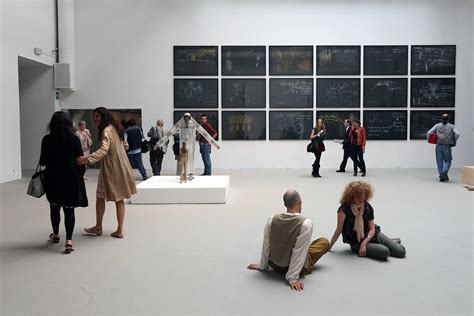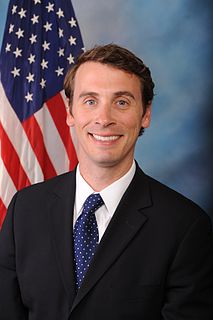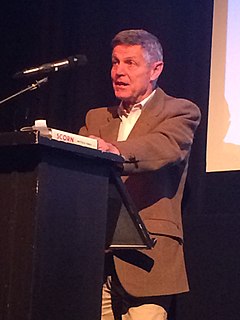A Quote by Vince Cable
Our workforce is very co-operative, very flexible, easy to work with and one of the big selling points. The idea that Britain is still back in the labour market of the '70s is utterly bizarre.
Related Quotes
On a very, very basic level, I'm definitely pro market because with the market comes the idea of the individual and the idea of specialisation, and I personally like being an individual and choosing my interactions. I don't see culture moving away from that, like back to a farming society. You couldn't do that with the amount of people we have.
If Britain doesn't stay in the Single Market or Customs Union, we are very much in favor of a free trade agreement between the U.K. and Europe. We don't want Britain to be punished for its decision to leave, and it is not in our interests for Britain to be punished because we may be the ones who lose out as much if not more than them.
The Middle East would always be an important trading partner in just a market sense, like America is a big market for us, Asia is a big market, Europe is a big market. You are going to have hundreds of millions of consumers there, from just a standard market point of view, from a very narrow American point of view.
And that's the one thing that people do not understand is that we have very low interest rates and if those go back to historical levels or even go back to scary thoughts that they're back in the late '70s, early '80s, then that's going to really be hard to actually pay off those debts. It's going to be a - it's going to be a very big problem.
Covert Operations Report At approximately 0900 hours on Saturday, October 14, Operative Morgan was given a stern lecture by Agent Townsend, a tracking device by Agent Cameron, and a very scary look from Operative Goode. (She also got a tip that her bra strap was showing from Operative McHenry.) The Operative then undertook a basic reconnaissance mission inside a potentially hostile location. (But it wasn't as hostile as Operative Baxter was going to be if everything didn't go according to plan.)
The thought of bringing a cake into a dance music show is a bizarre one. The idea of rafting on top of people is just as bizarre as well. And I think whenever something bizarre comes into play, it immediately becomes an easy target. And for those reasons, I know that I have been the target of criticism.

































